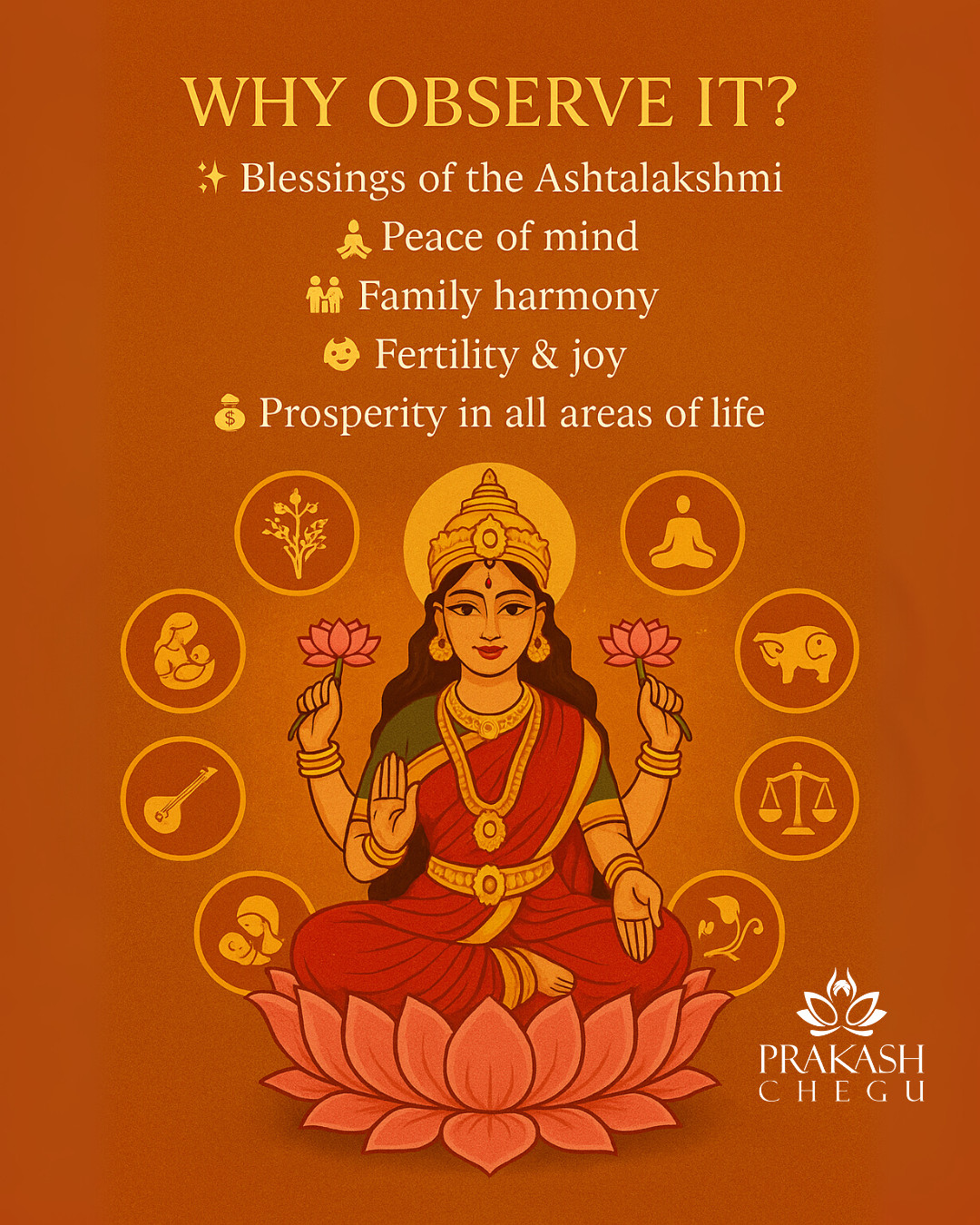Seva, or service, is often perceived as an act of selflessness, a way to contribute to society, help others, and practice compassion. However, beyond its surface meaning, Seva serves as a profound spiritual practice that cultivates humility, dignity, and grace. By engaging in Seva, one not only benefits those being served but also experiences deep inner transformation.
The Spiritual Essence of Seva
While Seva can be performed for anyone or anything—be it an organization, a cause, a person, or nature—the essence of this practice lies in its ability to dissolve the ego and foster humility. The act of serving others without expecting anything in return teaches us to step away from self-centeredness and embrace a broader perspective of life. This humility is not about lowering oneself but rather about recognizing the divinity in all beings and situations.
Different Forms of Seva and Their Impact on Life
- Serving God: Serving God through rituals, prayers, or dedicating one's actions to the divine is considered the highest form of Seva. It aligns the individual with the cosmic order, leading to spiritual liberation (Moksha).
- Serving Parents (Mother and Father): In many spiritual traditions, serving one's parents is seen as a direct way to express gratitude and earn their blessings, which are considered crucial for one's spiritual and material success.
- Serving Teachers (Gurus): Serving a teacher or guru is another elevated form of Seva. It opens the doors to spiritual wisdom and enlightenment. The relationship between a disciple and guru is based on mutual respect and devotion, and through Seva, the disciple can receive the guru's grace.
- Serving Guests: In many cultures, guests are considered representatives of the divine, and serving them is akin to serving God. This practice teaches hospitality, generosity, and the art of giving.
Seva as a Noble Act
The nobility of Seva lies not just in the act itself but in the intention behind it. When Seva is performed with purity of heart and without any desire for recognition or reward, it elevates both the server and the served. This noble act keeps one rooted in humility, and by serving the noble (God, parents, teachers, and guests), one remains noble in character and spirit.
Conclusion
Seva is much more than just selfless service; it is a profound spiritual discipline that shapes one's character, instills humility, and transforms life. By serving the noble ones—God, parents, teachers, and guests—one aligns with the highest virtues, ensuring a life of dignity, grace, and spiritual fulfillment.



0 Comments